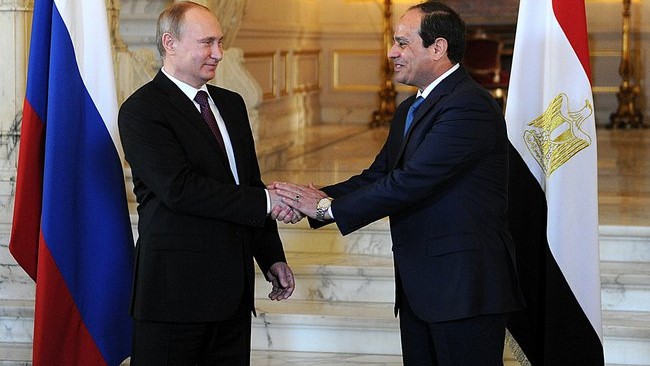
Policy Brief
Between Hedging and Bandwagoning – Interpreting the Reactions of Middle Eastern and North African States to the Russian-Ukrainian War

Abstract
As the Russian-Ukranian conflict enters its second calendar year, its effects are increasingly felt all across the Euro-Mediterranean region. Specifically in the Middle East and North Africa (MENA), the conflict has stirred up trouble in a delicate manner from political, economic and social perspectives. While the outbreak of the war had dire consequences in the region (especially concerning food security and economic stability), in the geopolitical side many governments regard Russia as an important player in international politics and manifest a certain degree of alignment towards her. This is attributable to the fact that this armed conflict was connected to different forms of resentment expressed by both MENA governments and societies towards ‘Western’ policies and stances, which revolve around a perception of biased judgement, prejudice or hypocrisy. Consequently, the reactions of MENA states (including the members of the League of Arab States, Iran, Turkey and Israel) have been mixed and somewhat ambiguous: whereas the United States (US) and the European Union (EU) expect members of the international community to take a clear stance by standing up against Russia, most actors in the region conducted a more nuanced strategy often labelled as hedging or neutrality.
So, how can the EU formulate adequate strategies towards the MENA region in face of a major threat to international security? In this Policy Brief, Maté Szalai reviews the following three forms of alignment of MENA countries towards the conflict: Hedging, neutrality and bandwagoning. These vary from country to country and showcase a wide array of domestic and supranational factors behind each government’s positioning and societal stance towards the conflict. Identifying the norms shared on both shores of the Mediterranean and framing the crisis in their contexts might be an optimal way to foster joint understanding and gather support. The EU has to utilise its toolkit of political, economic and security-related incentives and disincentives and should not rely on expressing moral or political pressure.


